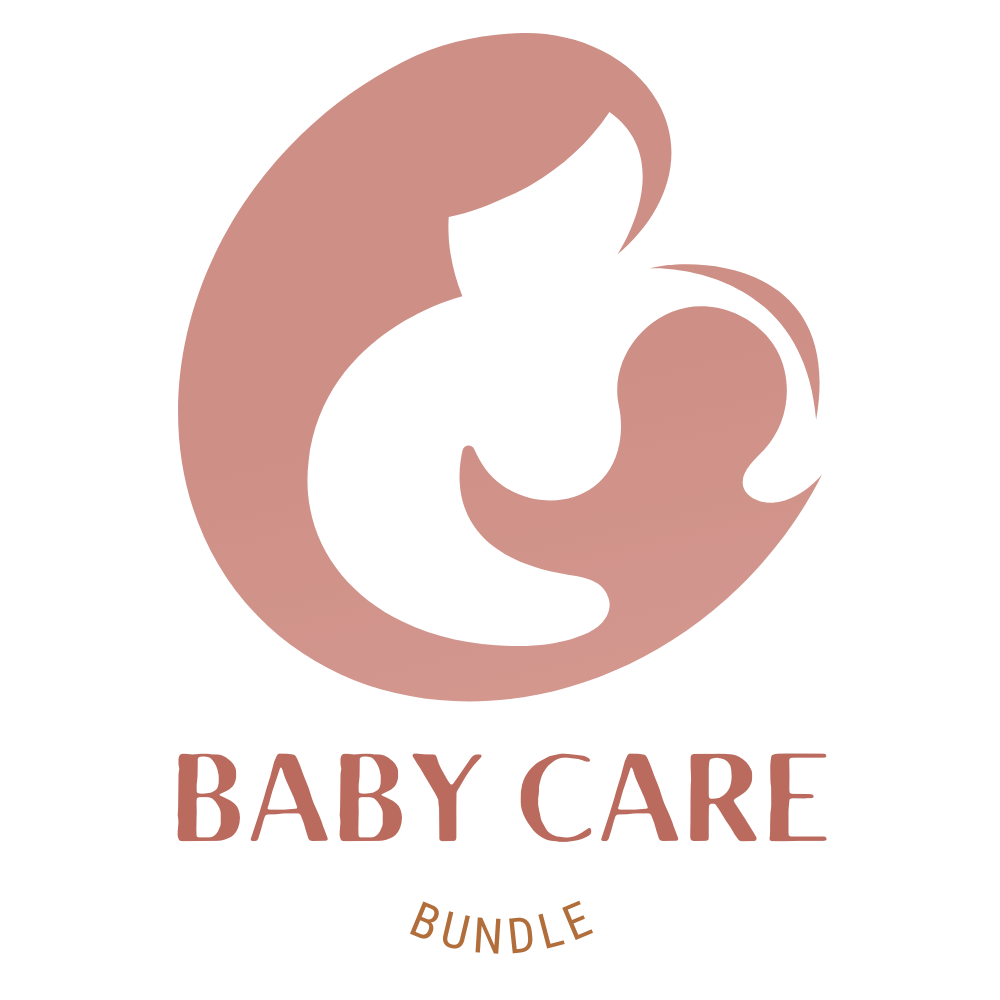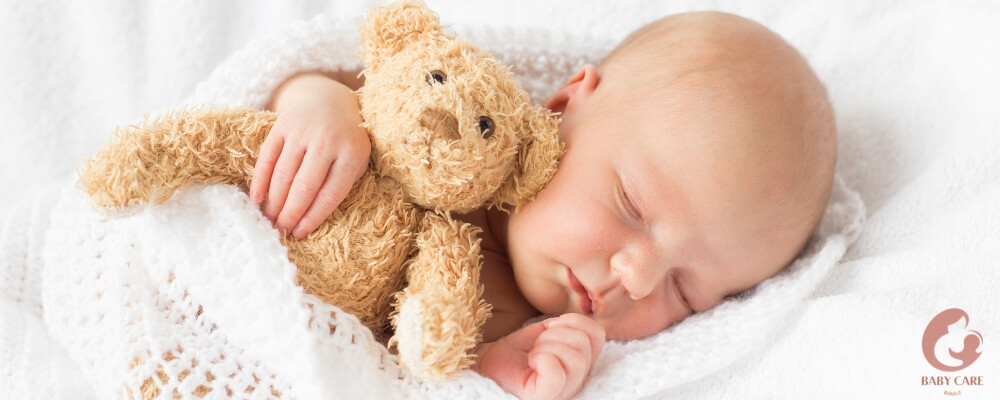The newborn stage may seem like it is full of sleepless nights and changes in diapers that never end, but in fact, it zooms past within no time. You know what? This baby period is a positive whirlwind of growth and discovery which passes faster than you think. So how long does the newborn stage last? Let’s find out everything about the precious initial weeks with your little child.
So, What is the Newborn Stage?
It is important to note that there are no straightforward answers to the issue of “How long does it take for a newborn stage to end?” This is similar to asking about how long a piece of string would be – it depends. Some authorities suggest that this phase lasts for the first 28 days (newborn phase timeline), while others extend it up to three months.
Doctors often refer to babies in their first 28 days as neonates. However, for many parents, the newborn stage ends when their baby starts acting less like a newborn. Such behaviours may include sleeping longer hours at a stretch, becoming more sociable or even growing out of those sweet tiny clothes!
Are you asking if your 3-month-old still falls into this category? Yes, according to some people they actually do. Nevertheless, you will realize that by now they are becoming more responsive and attentive towards their surroundings. Therefore although there may be debate on the exact age after which one can say that his/her child is no longer a newborn; it is without doubt a period characterized by rapid growth and development.
Helpless to Hello: Your Baby’s Developmental Milestones
Every week of the newborn stage brings some interesting changes. Here is a brief rundown of what to expect in those first precious weeks.
- Week 1: Your baby is largely eating, sleeping and getting accustomed to life outside your womb. S/he might be slightly crumpled up and with jerky movements but that is normal!
- Week 2: There are chances that your baby will begin opening their eyes wider and focusing on your face. They may give you a fleeting smile – the first among many!
- Week 3: You will notice that your baby becomes more alert and responsive. They can start cooing, briefly lifting their heads, or even attempting to track objects using their eyes.
- Week 4: At four weeks old, most babies can keep their heads up while on their stomachs for just a few seconds. They might also become more interested in things around them as well as the people surrounding them.
However, every child develops at his or her pace so don’t worry if yours does not follow this timeline perfectly. Just enjoy watching them grow and change each day!
When a new baby is born, one might feel as though he has to learn a language from scratch. Nevertheless, the good news is that all of this will feel normal in a short period! Let’s explore some newborn care essentials and discuss moments when you may find yourself completely overwhelmed.
New tips for newborns
Swaddling, bathing, diapering – oh my! Your baby is quite uncomplicated in terms of what its requirements are. These first few weeks might seem to be a tornado of new duties.
- Swaddling: For nine months the little one was all snuggled up inside the womb. Swaddling helps recreate that snug and secure feeling that can work wonders in calming a fussy newborn. However, when do you stop swaddling? Although watch out for signs of rolling over that indicate they’re growing up, most babies are ready from around 2-3 months old.
- Bathing: Two or three times per week is enough to keep your baby feeling fresh; she doesn’t need a bath every single day. Besides, remember that newborn skin is very delicate and should be washed with mild fragrance-free products.
- Diapering: Be prepared for frequent nappy changes! Newborns urinate and defecate often so be prepared to change them after every several hours. Detect symptoms of diaper rash and safeguard their sensitive skin with some barrier cream.
- Soothing: Each child has his or her own unique way of asking for comfort from you as a parent. Some love being rocked, others like pacifiers while others just want someone who will hold them tight. Find out what works best for your little one through trial and error.
By and large, it is not an easy task to go through a fourth trimester.
The first month with a newborn can be tough, let’s face it. Sometimes you’ll be overwhelmed by the lack of sleep, physical changes after pregnancy and emotions while adapting to a new life that includes having a baby.
- Sleep Deprivation: Essentially, infants are awakened frequently for feeding, hence so will you. Consequently, this absence of sufficient sleep might make you feel completely worn out and emotional.
- Postpartum Recovery: If you have given birth your body is healing; dealing with pain or hormonal swings may be part of this process or even other difficulties arising from physical health conditions.
- Emotional Adjustments: Being a parent is not just something minor! Happiness may mingle with anxiety or any feeling in between. At times you may feel sad; however, if it continues then consult your doctor.
Remember that many others are facing similar challenges too. Therefore look for assistance from either your spouse/lover father/mother siblings or support groups. Also, do not forget about taking care of yourself- grabbing some minutes away alone could make all the difference in your world.
Do you think the new stage of growth for a baby lasts forever? Think again! The first weeks after birth can be hazy, and yet they go by so quickly. How will you know when your small one is no longer a newborn child; and then what?
Goodbye Baby, Welcome Little Tribes!
The newborn phase doesn’t have a definite end date; however, most babies begin to grow out of it when they are between 4-6 weeks old. Some specialists maintain that it can extend for up to three months hence referred to as “fourth trimester”. However, by the one-month milestone, there are some major indications that your baby is progressing.
- More awake time: Your tiny snoozer now stays up more and has developed an interest in the things around them.
- Increased interaction: They may start smiling at you, cooing and making more eye contact.
- Better head control: Their head sustain can go longer even almost rolling over.
- Predictable patterns: You will see his eating and sleeping become more regular for you.
But what does this mean for you? It’s time to sort out the routines and get ready for the infant stage. At this point, your little angel will be even more active, curious and interactive.
Preparing for the Infant Stage
Once your little one enters the stage of being an infant several things can be done to ease the transition:
- Develop a routine: Your baby may feel more secure and you will gain some predictability by having a regular eating, sleeping and playing schedule.
- Allow playtime: Prone position, toys and interaction with yourself and others should be encouraged.
- Sing aloud or read: Infants adore your voice! As you read or sing to your child, his/her mental development progresses while both of you get closer emotionally.
- Alterations in Store: Expect sudden growth spurts, teething and new sleep issues because each phase has its own unique moments of pleasure as well as difficulties.
Your Backbone: Indispensable Resources for New Parents
The voyage of being a parent can give you a thrill and at the same time be baffling. Fortunately, that doesn’t have to be a solitary experience because there are several resources available to help you navigate through the newborn stage onwards:
- Essential stuff: There are certain things such as diapers, wipes, swaddles and baby carriers which make taking care of a newborn a little bit easier. Don’t hesitate to ask your friends or family for suggestions.
- Support groups: Coming into contact with other parents who have just had their first child can be quite helpful. You can share experiences with them, get some advice from them and help out each other.
- Literature and articles: For those newborn babies’ care, infantile growth and development, parenting information is found in plenty on the web or in hard copy.
- Expert help: Should you feel worried about your baby’s health or even your own mental condition, do not shy away from asking for assistance from your paediatrician or consulting a postpartum therapist.
Just remember that this is only the beginning of something so marvellous. These early moments with your newborn should be treasured- they grow up too quickly!
Think all the fun starts after the newborn stage? Think again! While it’s true that things get a bit easier as your baby grows, those first few weeks are filled with unique joys and milestones worth celebrating. So before you wish away the newborn phase, let’s dive deeper into what makes it so special.
The Magic of the Newborn Stage: Savoring Every Moment
Indeed, during these days and nights, you could stand sleepless with some diaper changes that never end. But among all that, there is a certain magic to those first few days in your baby’s life. You will always remember little yawns, the fragrance of their hair and how they hold your finger with their entire hand.
It is during this period that you are able to understand who your child really is. You will understand when they cry and how they cry; what is different about them. You will witness their very first real smiles, initial attempts at turning over as well as their first real acts of interaction.
Also, the newborn stage represents the most intense moments of bonding. Skin-to-skin contact, breastfeeding or bottle-feeding and just holding your baby close make for an unbreakable bond that is built within this short time together between a mother and child.
Basic Items Needed for Newborn Stage
For the newborn phase, these few essentials can come in handy:
- Diapers and wipes – Make sure you’ve got enough stocks; they’ll be used up very soon.
- Swaddles – They make your child feel safe and secure.
- Onesies and sleep sacks – Make sure your baby is warm and comfortable.
- Baby carrier or sling – It will help you bond with your baby as well as facilitate multitasking.
- Car seat: A must-have for any outing.
- Infant swing or bouncer: This can provide a safe place for your baby to rest while you take a break
- Nursing pillow (if breastfeeding) – it’s important because it offers support for both of you.
Aside from this stuff, remember also that there can be life-changing assistance:
- Your partner: Split the chores and support each other emotionally.
- Family and friends: Ask for help with meals, errands or childcare without fear.
- Classes for newborns: These can teach you important techniques like diapering, swaddling, and soothing ones.
- Support groups: You can find out about new parents’ experiences in their first year of parenting as well as learn how to tie a knot on a baby’s toe properly through these groups
- Online resources: There is a plethora of knowledge regarding newborn care, developing infants and advice for parents online
- Professional help: Do not hesitate to ask your paediatrician or lactation consultant if you have any concerns.
- The newborn stage is short but beautiful. Enjoy every snuggle, every coo and every milestone. These are some moments that you will fondly remember years down the line.
if you want to know about the 5 Best Newborn Diapers so Click Here.




